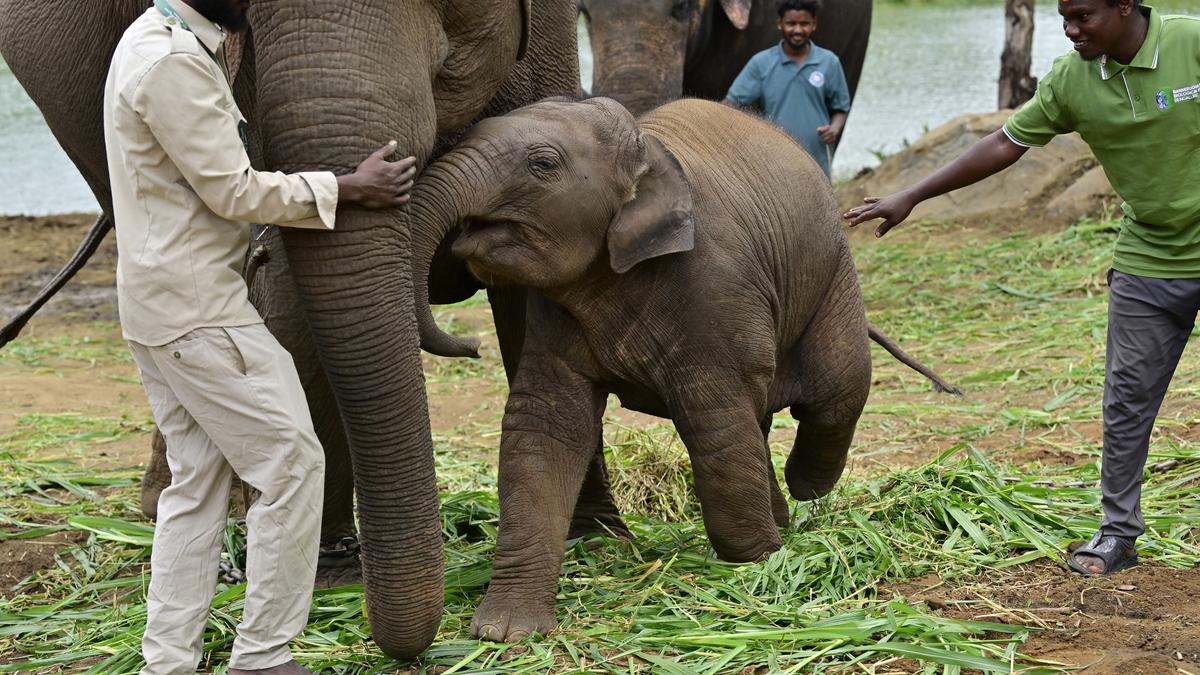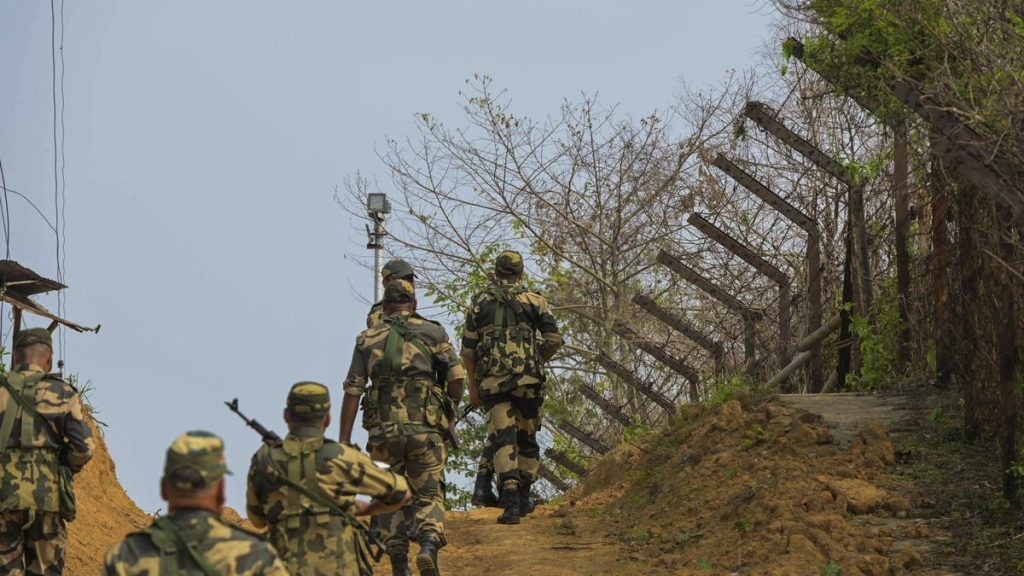Now Reading: First Exports from BBP: Four Asian Elephants Sent to Japan
-
01
First Exports from BBP: Four Asian Elephants Sent to Japan
First Exports from BBP: Four Asian Elephants Sent to Japan

Swift Summary
- The Bannerughatta Biological Park (BBP), Bengaluru, will export four Asian elephants-Suresh (8 years old), Gowri (9), Shruthi (7), and Tulsi (5)-to himeji Central Park, Japan.
- This marks BBP’s first-ever export as part of an animal exchange program approved by the Central Zoo Authority and other departments in India.
- In return, BBP will receive 23 animals: four cheetahs, four jaguars, four pumas, three chimpanzees, and eight black-capped capuchins.
- Transport via Qatar Airways cargo flight from Bengaluru to Osaka on July 24-25 will take around 20 hours. Veterinary doctors and other professionals from both parks are involved in the preparations for health checks and acclimatization training.
- Japanese elephant keepers were trained at BBP in May 2025 for about 20 days to familiarize them wiht care practices.
- This is only the second instance of India exporting elephants to Japan; Mysuru Zoo sent three elephants to Toyohashi Zoo in May 2021.
Indian Opinion Analysis
The Bannerughatta Biological Park’s historic step into animal exchanges signals India’s increasing engagement with global zoo programs while prioritizing wildlife conservation through collaborative efforts. The exchange underscores a balanced approach towards enhancing biodiversity exhibits abroad while enriching Indian zoos with species not native to this region.By providing proper inter-zoo training alongside extensive health screening measures for transported animals, India demonstrates a commitment to safeguarding animal welfare standards during such exchanges-a significant priority given public scrutiny around captive-animal ethics globally.
this partnership also strengthens cultural ties between India and Japan, allowing audiences in both countries a unique opportunity to connect with diverse wildlife ecosystems historically beyond their immediate exposure. However, prosperous management post-relocation will remain critical given differences in local climate and habitat conditions.
Read more here: The Hindu
























